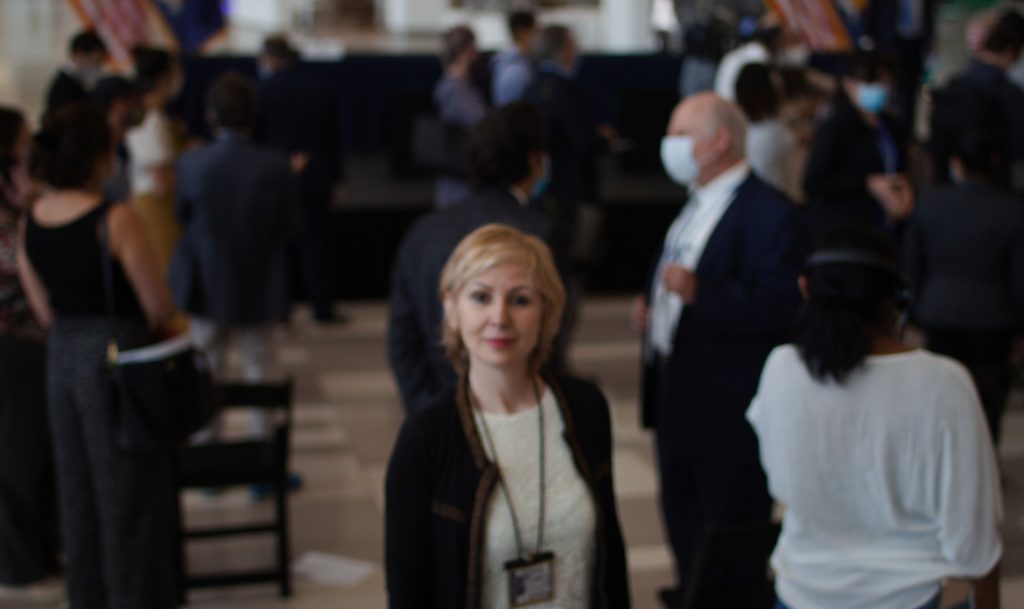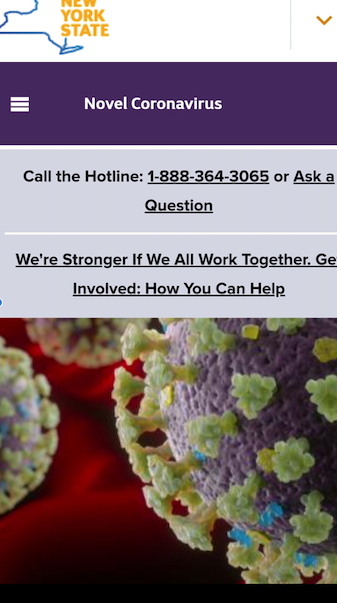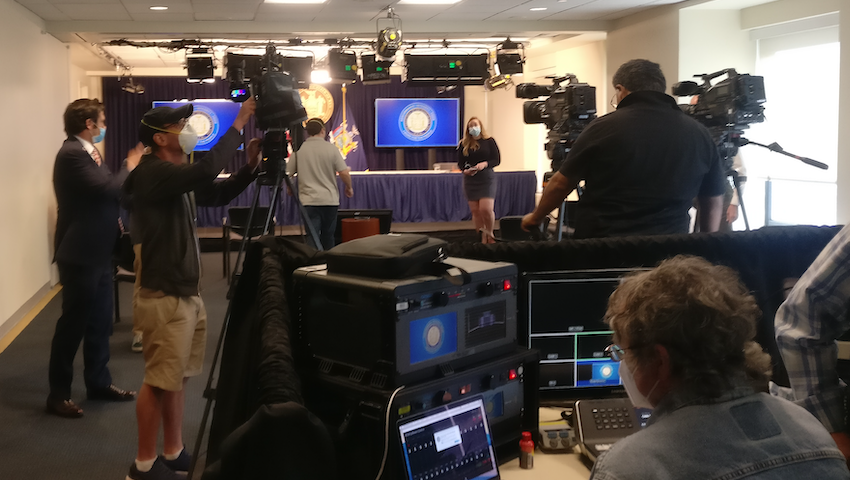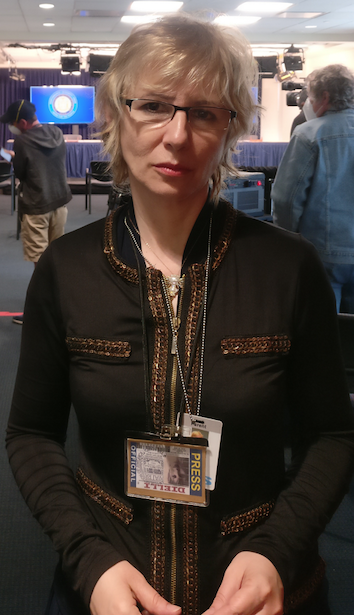
By Rafaela Prifti
The new Terminal B Arrivals and Departures Hall at LaGuardia Airport opened to the public today as part of a transformed air travel experience awaiting travelers and airlines. The major redevelopment project offers opportunities for local community, women-owned business subcontractors and vendors, as some investors told Dielli.

Amid the coronavirus pandemic, the number of passengers serviced at New York City airports has dropped by 95 percent. Yet theoverhauling of LaGuardia is one of many infrastructure projects in the pipelines give a boost to the state’s economy.
At the formal ribbon cutting ceremony on Wednesday, Governor Cuomo said that New York has entered a new phase in the fight against the virus. The number of new positive cases has been going down as the daily testing numbers are the highest per capita compared to any state in the US. He has repeatedly cautioned about reopening too quickly, which has been the case in some states that are experiencing a sharpincreasein infections. The focus,said Mr. Cuomo is “to have the most informed reopening of any state in the country because reopening is much harder than closing.Since Mr. Cuomo announced five years ago that the LaGuardia airport would be completely rebuilt, there have been several groundbreakings and unveilings. The $8 billion project, three-quarters of which is funded through private financing and existing passenger fees, broke ground in 2016. In February 2018, the new Terminal B parking garage opened with 3,200 spaces and a dedicated level for Uber, Lyft and other car servicesThe old Central Terminal which opened in 1964 was ‘an embarrassment’ to the city and the state, said the Governor. He added thatits completion will be the first,major city airport constructed in the United States in nearly 25 years. The last one to open was Denver International in the mid-1990s.The new LaGuardia will feature 72 new gates across six concourses, featuring artworks by world-renowned artists, security screening technology, no contact systems for ordering food etc. The new arrivals and Departures Hall at LaGuardia Airport is 50 percent bigger than the hall it replaces, represents a step toward a sweeping $8 billion redevelopment that the Port Authority Executive Director, Rick Cotton pledged would create 14,000 jobs and direct $500 million in contracts awarded to Queens Businesses.After months of lockdown, the Governor said that this type of redevelopment project is needed to energize the reopening of the state’s economy. “The pandemic did not significantly affect the completion of the main terminal,” he said. Mr. Cuomo added that the drop in traffic has allowed the Port Authority of New York and New Jersey, which operates LaGuardia, to accelerate construction of the roadways at the airport. The Governor and his guests were optimistic about the future of air travel.The rebuilt airport sits wedged between the Grand Central Parkway and the East River, butthe new terminals have stretched closer to the highway.To reduce the heavyflow of vehicles by LaGuardia, the airport includes anAirTrain station. The estimated $2 billion controversial project is designed to shorten travel time by connecting to the No. 7 subway line and the Long Island Rail Road.“The AirTrain and other projects planned by Port Authority are in doubt due the agency’s loss of revenue during the pandemic,” Mr. Cotton said.The redevelopment of LGA airport is anticipated to create a combined $10 billion in economic activity and $2.5 billion in wages over the life of the project. In his presentation, the Executive Director of Port Authority said that it is working hand in hand with local officials, investorsand the local community such as minority and women business owners, students and jobseekers. LaGuardia Gateway Partners was selected by the New York and New Jersey Port Authority to deliver the capital redevelopment at Terminal B of LaGuardia. The English Editor of Dielli attended the formal opening ceremony and talked to representatives like Thomas Nilsson of Skanska Walsh about opportunities for the Albanian local business community. For participation, the firms are required to be registered with the Port Authority of New York and New Jersey, which is invested in developing minority, small and women-owned business enterprises.





